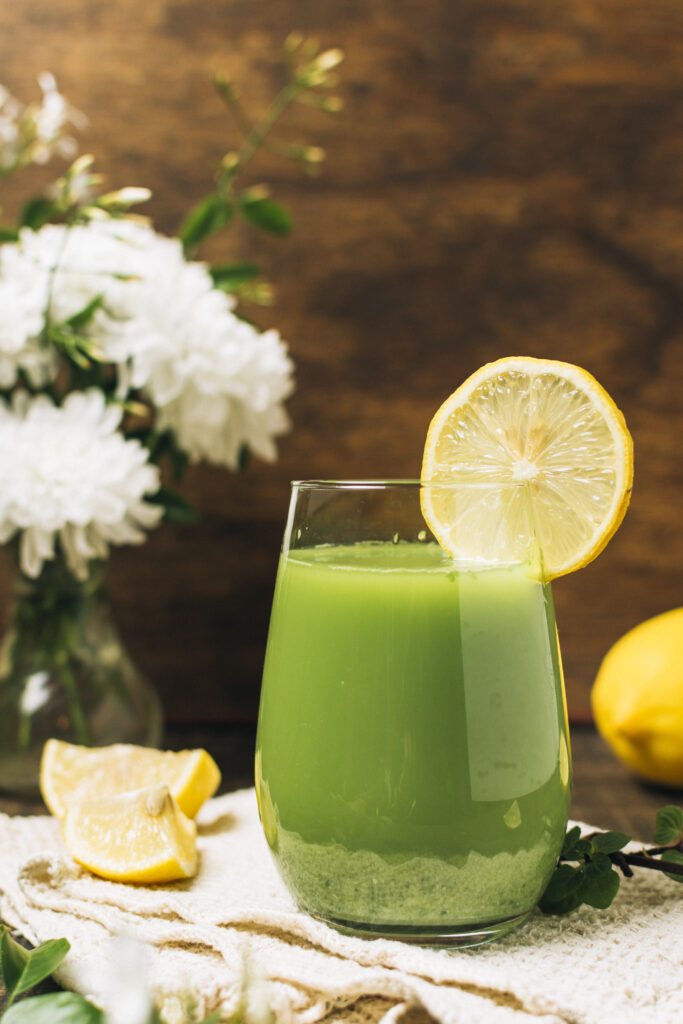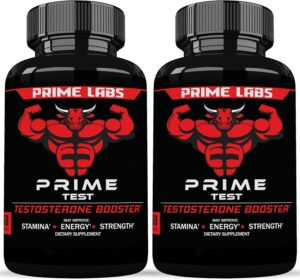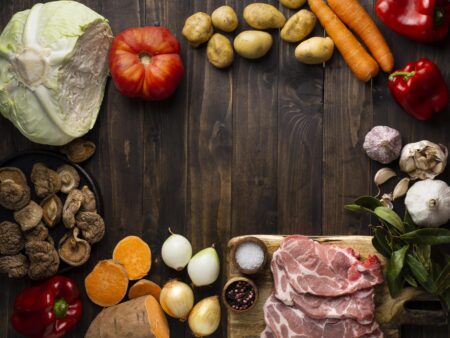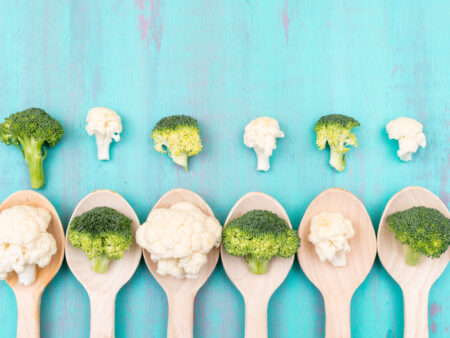
Juice fasting, also known as a juice cleanse, is a type of diet where individuals consume only fruit and vegetable juices for a specific period, often ranging from one to seven days or longer. The idea behind juice fasting is to give the body a break from digesting solid food while flooding it with essential vitamins, minerals, and antioxidants. Advocates believe it detoxifies the body, supports weight loss, and promotes overall health. However, it is not without controversy, and some experts caution against its long-term use.
In this detailed guide, we will explore the juice fasting diet, including its benefits, risks, best practices, and whether it’s the right choice for you.
1. What Is Juice Fasting?
Juice fasting is a form of liquid diet that typically involves drinking freshly squeezed or cold-pressed juices made from fruits and vegetables. During a juice fast, solid foods are eliminated, and only juices, herbal teas, and sometimes water are consumed.
The duration of a juice fast varies widely depending on personal goals. Some people do a 24-hour cleanse, while others might extend their fast to a full week or more. While it’s often marketed as a way to “detox” the body, the scientific evidence supporting this claim is limited.
2. Types of Juice Fasting
There are different approaches to juice fasting, and individuals can customize their cleanse based on their preferences or health goals. Here are some common types:
Full Juice Fast: This involves consuming only juice, with no other foods or beverages except water or herbal teas.
Juice and Smoothie Fast: Some people combine juices with nutrient-rich smoothies to add fiber and protein.
Modified Juice Fast: This plan allows for the inclusion of small amounts of solid food like raw vegetables or nuts.
Intermittent Juice Fast: Some follow a juice fast for certain days or hours of the week, allowing for normal eating the rest of the time.
3. Benefits of Juice Fasting
Advocates of juice fasting often cite numerous benefits. While scientific studies have not fully validated all of these claims, some potential advantages include:
a. Nutrient Intake
Juice fasting provides a concentrated dose of vitamins, minerals, and antioxidants. Fruits and vegetables like kale, spinach, carrots, beets, and citrus fruits are rich in nutrients that can support immune function, reduce inflammation, and promote overall health.
b. Weight Loss
Juice fasting can lead to rapid weight loss because of the reduced caloric intake. Without consuming solid foods, the body often burns through stored glycogen, which can lead to a drop in water weight. However, sustained fat loss may not occur if normal eating habits resume afterward.
c. Digestive Rest
Proponents argue that juice fasting gives the digestive system a much-needed break. Since juices are easy to digest, the body spends less energy processing food, allowing it to focus on other functions like repairing tissues or detoxifying.
d. Detoxification
Many believe that juice fasting helps the body eliminate toxins, although this is a controversial claim. The body has its own detoxifying organs (like the liver and kidneys), and experts argue that fasting is not necessary to support these processes. However, juice fasting may aid in the removal of processed foods, added sugars, and alcohol from the diet, which can promote better health.
e. Mental Clarity
Some individuals report feeling more mentally clear and focused while juice fasting. The reduction in processed foods, sugar, and caffeine could contribute to better mental clarity, as well as the sense of accomplishment from completing a cleanse.
4. Risks and Downsides of Juice Fasting
While juice fasting has potential benefits, it also comes with risks, especially if done incorrectly or for extended periods. Some of the downsides include:
a. Nutritional Deficiency
Juice fasting can lack essential nutrients like protein, healthy fats, and fiber. Extended juice fasts may result in deficiencies in amino acids, calcium, and iron, which are crucial for maintaining muscle mass, bone health, and energy levels.
b. Blood Sugar Spikes
Fruit-based juices can be high in natural sugars, leading to spikes and crashes in blood sugar levels. This can be particularly problematic for people with diabetes or insulin resistance.
c. Loss of Muscle Mass
With the absence of protein, the body may begin to break down muscle tissue for energy during a juice fast, especially if it is prolonged. This can slow down metabolism and lead to a loss of strength and endurance.
d. Temporary Weight Loss
While some weight loss is common during a juice fast, much of it may be water weight rather than fat. Once regular eating resumes, the lost weight often returns, especially if a balanced diet is not adopted.
e. Possible Side Effects
People undertaking a juice fast may experience side effects such as headaches, fatigue, dizziness, and irritability. This is often due to the body’s adjustment to lower calorie intake, caffeine withdrawal, or changes in blood sugar levels.
5. Best Practices for Juice Fasting
If you decide to try a juice fast, it’s essential to follow safe practices to minimize risks and enhance the potential benefits. Here are some tips to get started:
a. Consult a Healthcare Provider
Before starting any fast, particularly if you have underlying health conditions like diabetes, heart disease, or digestive issues, it’s important to consult with a healthcare professional. Juice fasting is not suitable for everyone.
b. Use Fresh, Organic Ingredients
Juicing with fresh, organic fruits and vegetables ensures that your body receives the maximum nutrient content without pesticides or additives. Cold-pressed juicers are preferred because they preserve more of the nutrients compared to centrifugal juicers.
c. Start Slowly
If you’re new to fasting, begin with a shorter cleanse, such as a 24- or 48-hour juice fast. Gradually increase the length of your fast as you become more comfortable.
d. Stay Hydrated
It’s crucial to drink plenty of water in addition to your juices. Water helps to flush toxins from your system and keeps your body hydrated.
e. Incorporate Green Juices
Green juices made from vegetables like spinach, kale, cucumbers, and celery are low in sugar and packed with essential vitamins. Aim to include more vegetable-based juices rather than fruit-based ones to avoid excessive sugar intake.
f. Ease Back into Solid Foods
When ending a juice fast, ease back into eating solid foods by starting with light, plant-based meals such as salads, soups, or steamed vegetables. Avoid jumping straight back into heavy or processed foods, as this can shock your digestive system.
6. Is Juice Fasting Right for You?
Juice fasting is not for everyone, and it’s important to evaluate whether it aligns with your health goals and lifestyle. If your primary goal is to lose weight or improve health, consider whether a juice fast is sustainable or if other dietary changes might be more effective in the long term.
For those looking to “reset” their diet and focus on consuming more fruits and vegetables, a short juice fast could serve as a motivating jumpstart. However, the best results usually come from adopting a balanced, nutrient-dense eating plan that you can maintain over time.
Juice fasting is a popular trend, often touted for its detoxification and weight loss benefits. While it can provide a concentrated intake of vitamins and minerals, it also comes with risks like nutritional deficiencies, blood sugar spikes, and muscle loss if not done carefully. For many, a more balanced, long-term approach to healthy eating might be preferable. As with any diet, it’s essential to listen to your body and consult with a healthcare provider to ensure it’s the right choice for you.










